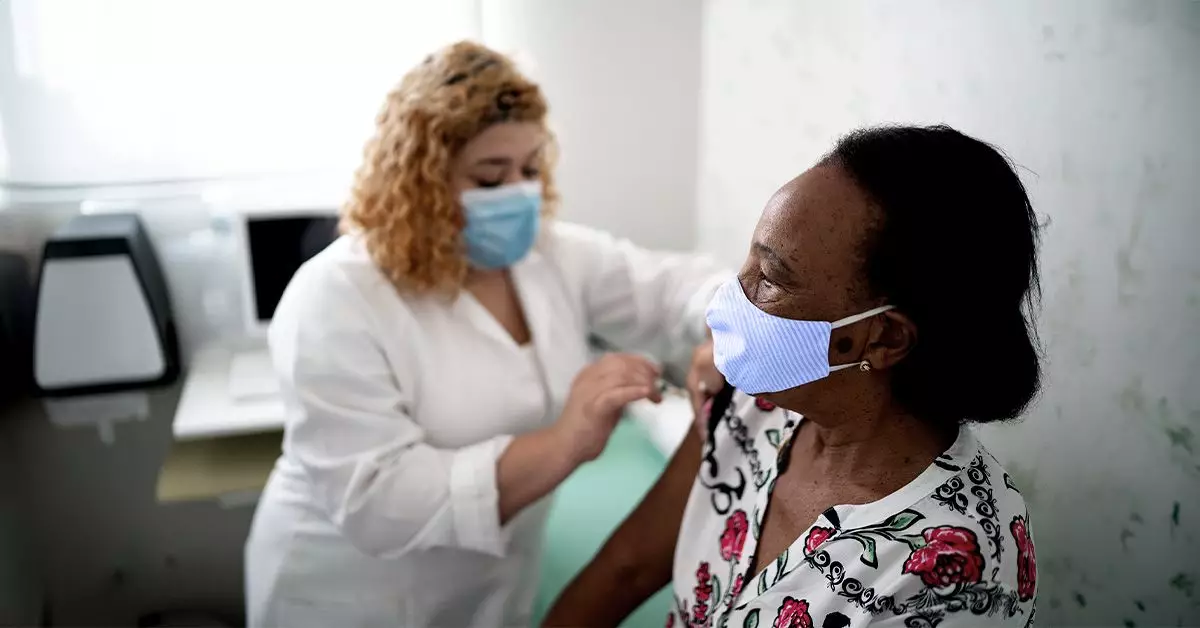When it comes to allergy shots, Medicare Part B and Medicare Advantage may cover the cost if they are deemed medically necessary. These shots, also known as subcutaneous immunotherapy, are designed to help reduce a person’s immune response to allergens over time. Medicare will only pay for allergy shots if they are administered by a doctor experienced in immunotherapy and done in a clinical setting that can respond quickly to any severe allergic reactions that may occur.
Medicare will approve payment for allergy shots under specific conditions. These include having a doctor who is qualified to provide the service and can document the medical necessity of the shots. However, there are certain uses of allergic immunotherapy that Medicare considers investigational or experimental, such as food allergies, non-allergic asthma, and migraine headaches. Medicare will also assess coverage on a case-by-case basis, taking into account factors like the severity of the allergy and the individual’s response to previous treatments.
Medicare Part B covers allergy shots on an outpatient basis, paying for 80% of the treatment costs while the individual is responsible for the remaining 20%. Medicare Advantage, which includes Part B, also offers coverage for allergy shots. Private insurance companies administer these policies, but they are required to provide at least the same coverage as Original Medicare. Additionally, Medigap plans can help with out-of-pocket costs, such as the 20% coinsurance for allergy shots under Part B.
The costs of allergy shots can vary depending on several factors, including the level of coverage, the components of the shot, the frequency of administration, and any additional fees charged by the clinic. A recent study found that the average cost of allergy shots ranged from $748 to $849 per claim, with some charges exceeding $1,000. However, the out-of-pocket expenses were not clearly defined in the data.
It is important to note that Medicare does not cover sublingual immunotherapy, as current evidence does not support its effectiveness in treating most allergies. This type of therapy involves placing a pill under the tongue to dissolve. Medicare will only pay for allergy shots if previous treatments have failed to alleviate allergy symptoms, and the shots are considered medically necessary. Coverage may terminate after 2 years if the individual does not show clinical improvement.
Understanding Medicare coverage for allergy shots is crucial for individuals suffering from severe allergies. By knowing the conditions and limitations of coverage, as well as the associated costs, individuals can make informed decisions about their healthcare. It is important to work closely with a healthcare provider to determine whether allergy shots are the right treatment option and to ensure that the necessary documentation is in place for Medicare coverage.

